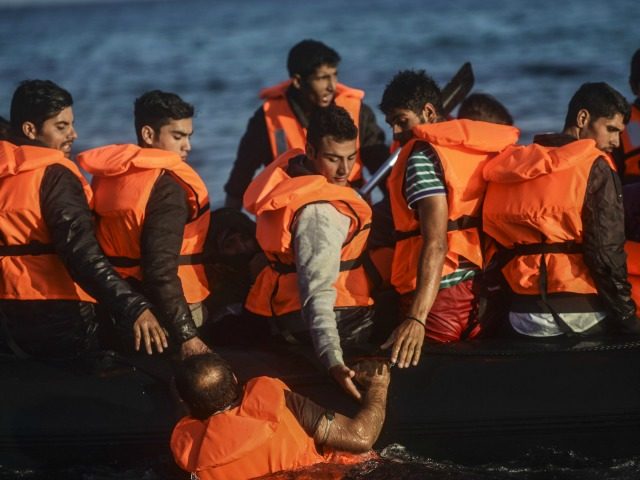Ever since the Turkish coup attempt two weeks ago, the number of migrants crossing the Aegean Sea from the Turkish coast into Greece has doubled relative to the preceding period.
In the last two weeks, 1170 migrants crossed from Turkey to the Greek Islands, as compared with just 560 during the fifteen days prior to the coup, which many are seeing as a taste of things to come.
The failed coup, which Turkey blames on the United States, was carried out on July 15 by a faction within the Turkish Armed Forces, which tried to seize control of several key locations but was thwarted by forces loyal to the Turkish government.
Analysts note that the recent surge in immigration cannot simply be explained by the advance of summer or weather conditions, but undoubtedly relates to the political situation within Turkey.
European immigration from Turkey had slowed to a trickle after last March, when the European Union entered into a refugee agreement with the Turkish government, but the future will depend upon Turkey’s willingness to honor the convention.
After the failed coup, Turkish president Recep Tayyip Erdogan carried out a wave of arrests and purges in an effort to regain power, measures that were universally condemned as excessive by Western governments and human rights organizations.
One of the few cards in Erdogan’s hand is control of the migrant situation, with some two million desperate people crowding camps throughout the Turkish peninsula, many of whom are anxious to enter the European Union.
It is a card that Erdogan is not afraid to play.
In a recent interview with the German Frankfurter Allgemeine Zeitung, Turkish Foreign Minister Mevlut Cavusoglu issued a stern ultimatum to European authorities: either Brussels lifts visa requirements for Turkish citizens or last March’s agreement on migrants will fall.
Either alternative promises serious immigration problems for Europe.
If the EU grants visa liberalization, hundreds of thousands of migrants are likely to enter Europe “legally” from Turkey, and EU authorities will have little way of ascertaining the origins or intentions of those coming in. The risk of infiltration from Islamic terrorists is high, since the Turkish government has expressed its intention to issue some 350 thousand new passports, according to nebulous criteria.
If Europe refuses, however, Erdogan will likely reopen the floodgates of migrants across the Aegean Sea into Greece, with numbers likely to equal or exceed the waves of migrants experienced in 2015.
Either way, Europe’s migrant crisis will likely get much worse before it gets better.
Follow Thomas D. Williams on Twitter Follow @tdwilliamsrome

COMMENTS
Please let us know if you're having issues with commenting.